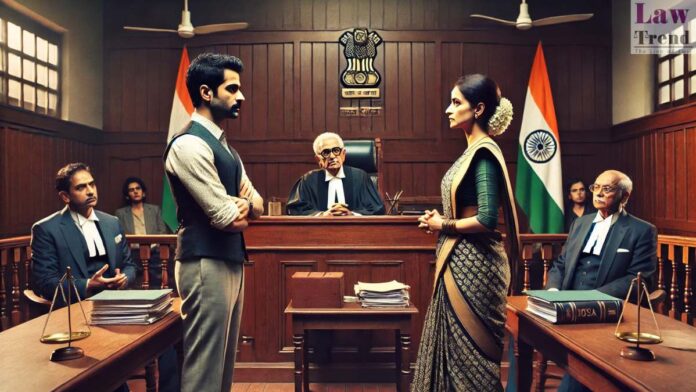In a significant judgment, the Calcutta High Court has reignited the debate around modernizing divorce laws in India. The court suggested that the irretrievable breakdown of marriage, though not formally recognized under Indian law, should be considered as grounds for divorce. This observation was made while hearing an appeal against the dismissal of a divorce
To Read More Please Subscribe to VIP Membership for Unlimited Access to All the Articles, Download Available Copies of Judgments/Order, Acess to Central/State Bare Acts, Advertisement Free Content, Access to More than 4000 Legal Drafts( Readymade Editable Formats of Suits, Petitions, Writs, Legal Notices, Divorce Petitions, 138 Notices, Bail Applications etc.) in Hindi and English.




